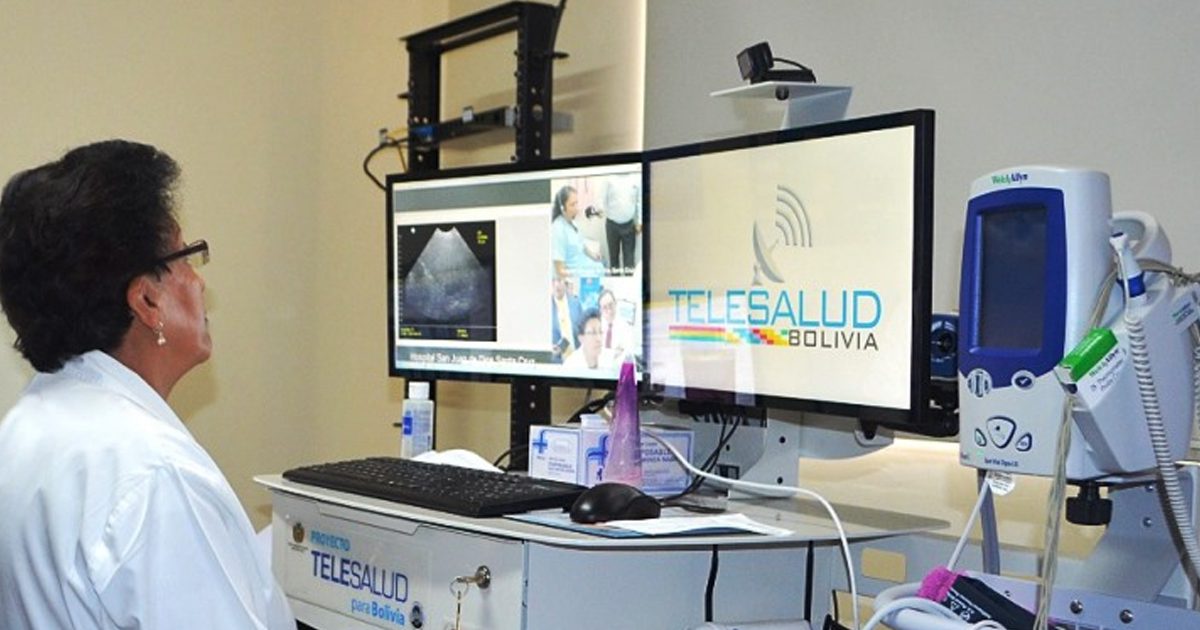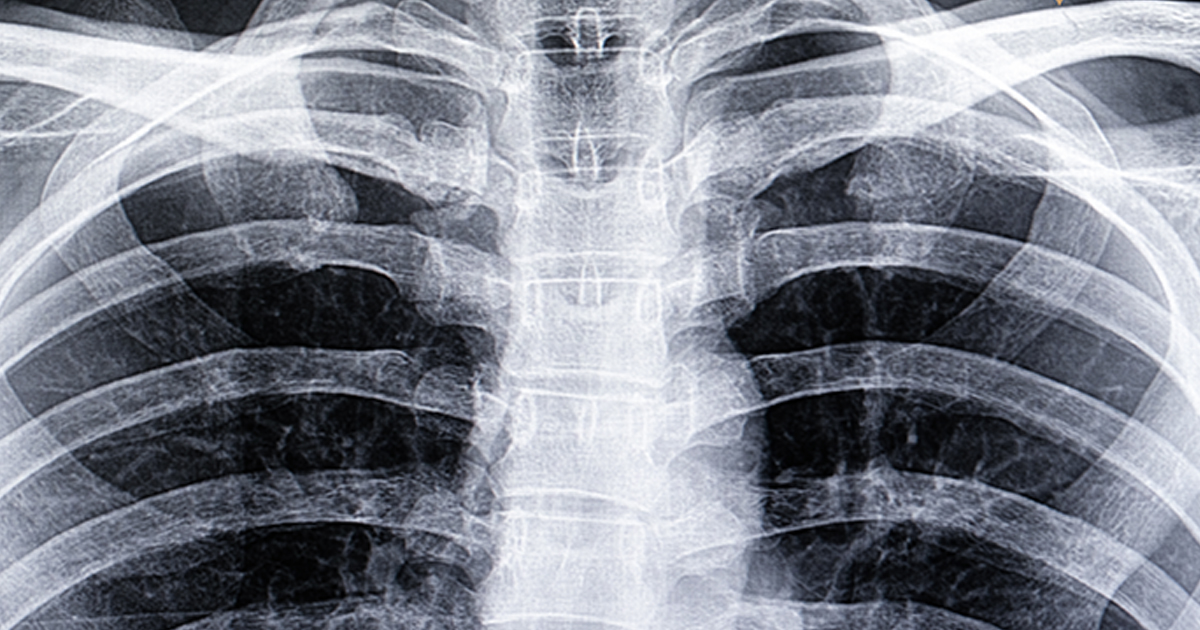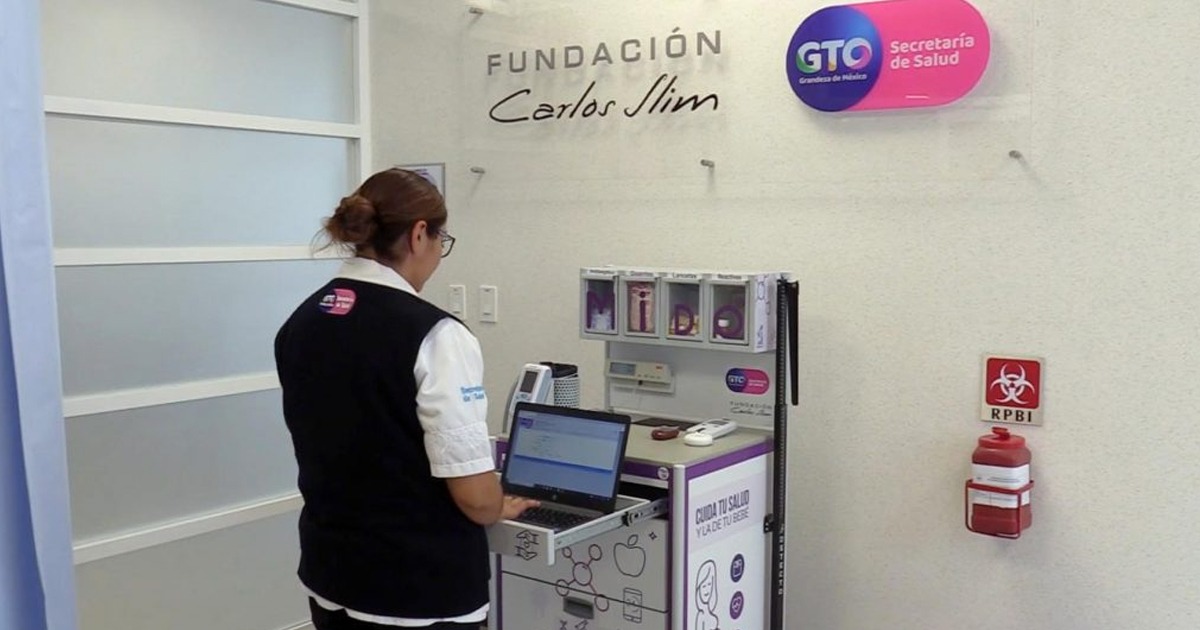The Andean Health Organization - Hipólito Unanue Agreement (ORAS-CONHU) held the Contest "Significant Experiences in Telehealth in the Andean Region", where various proposals from the six Andean countries stood out.
The event "Significant Experiences in Telehealth in the Andean Region" organized by ORAS-CONHU, had the participation of the ministries of health of the six Andean countries, Bolivia, Chile, Colombia, Ecuador, Peru and Venezuela. The event aimed to recognize and disseminate experiences of the countries in terms of telehealth, telemedicine, teleeducation and other relevant topics such as health promotion and epidemiological surveillance. In addition, it also functioned as a celebration of the organization's 50th anniversary.
The contest received 18 experiences on these issues from Bolivia, Ecuador and Peru. The first three prizes went to Peru, thanks to projects from the Peruvian Ministry of Health (Minsa), the National Institute of Health (INS), the National University of San Marcos (UNMSM) and the National Maternal Perinatal Institute (INMP). .
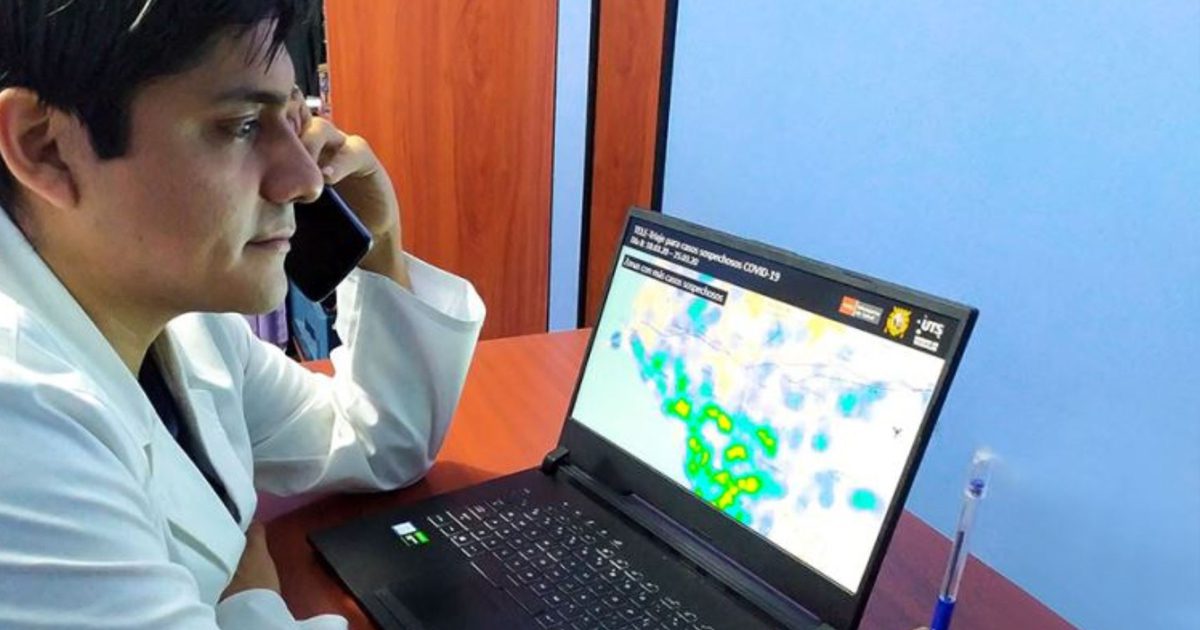
The first place went to the project "Bringing Tele Information, Education and Communication on health issues to all of Peru", implemented by the Infosalud Directorate and the General Directorate of Telehealth, Reference and Emergencies (Digtel) of the Minsa. The project, as its name suggests, was a strategy to bring information and education services on health issues to the entire country.
This project also had the participation of the Tele Information, Education and Communication unit (Tele IEC). Through educational talks on health issues in remote communities, this strategy aimed to prevent diseases, promote healthy lifestyles and encourage self-care of health.
"In a friendly format, simple and accessible language, with a moderator and speakers who facilitate interaction with the public and a variety of topics based on the prevalence and incidence of preventable and controllable diseases, as well as current issues", explained Edith Pariona Director of Health Info.
The second place went to the project "Collaboration Network of Volunteer Brigade Members for the Investigation, Detection and Primary Management of Community Cases Affected by Severe COVID-19 (COVIDA Project)", of the INSP and the UNMSM Faculty of Medicine.
COVIDA, aimed at the design and implementation of a system for telemonitoring and teleorientation of patients with severe cases of COVID-19. The strategy allowed these types of patients to receive timely care in specialized health facilities. COVIDA was developed with financing from the National Fund for Scientific, Technological Development and Technological Innovation (FONDECYT).
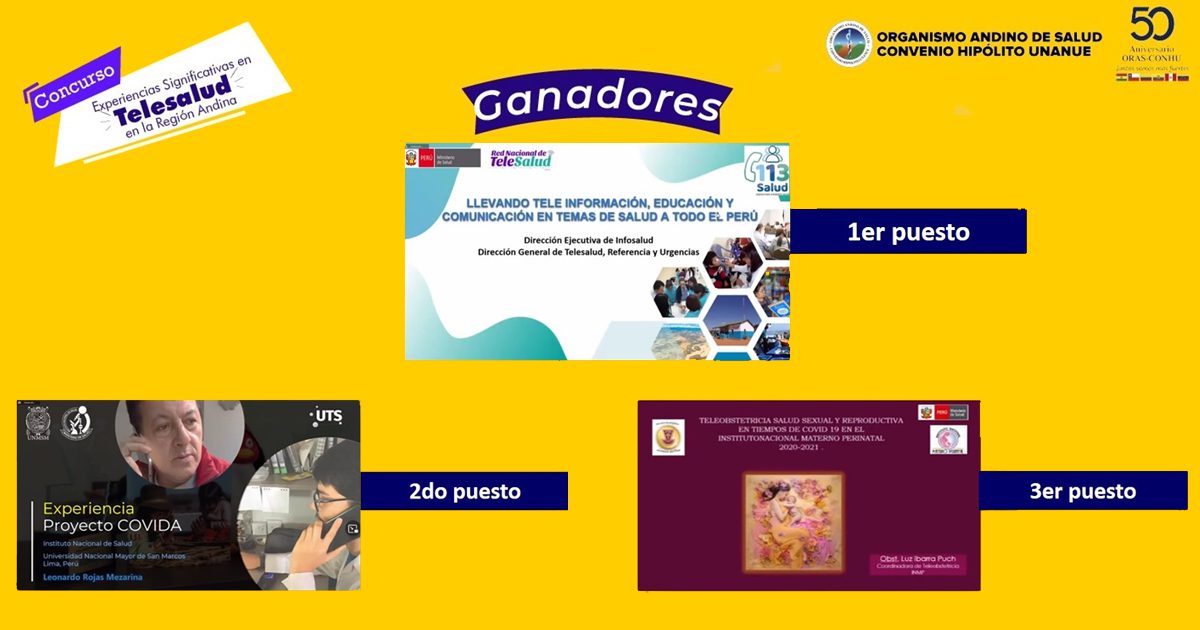
The third place went to "Teleobstetrics sexual and reproductive health in times of COVID 19 in the national maternal perinatal institute 2020-2021", which was launched by the INMP.
The objective of the project was to promote healthy lifestyles in the population of childbearing age and pregnant women through educational services on sexual education, reproductive health, family planning, and more, through the use of remote services. Additionally, it is aligned with three of the objectives of sustainable development, such as health and well-being, gender equality and reduction of inequalities.
ORAS-CONHU
https://orasconhu.org/portal/blog/813
NATIONAL HEALTH INSTITUTE
GOVERNMENT OF PERU
FACULTY OF MEDICINE UNMSM


